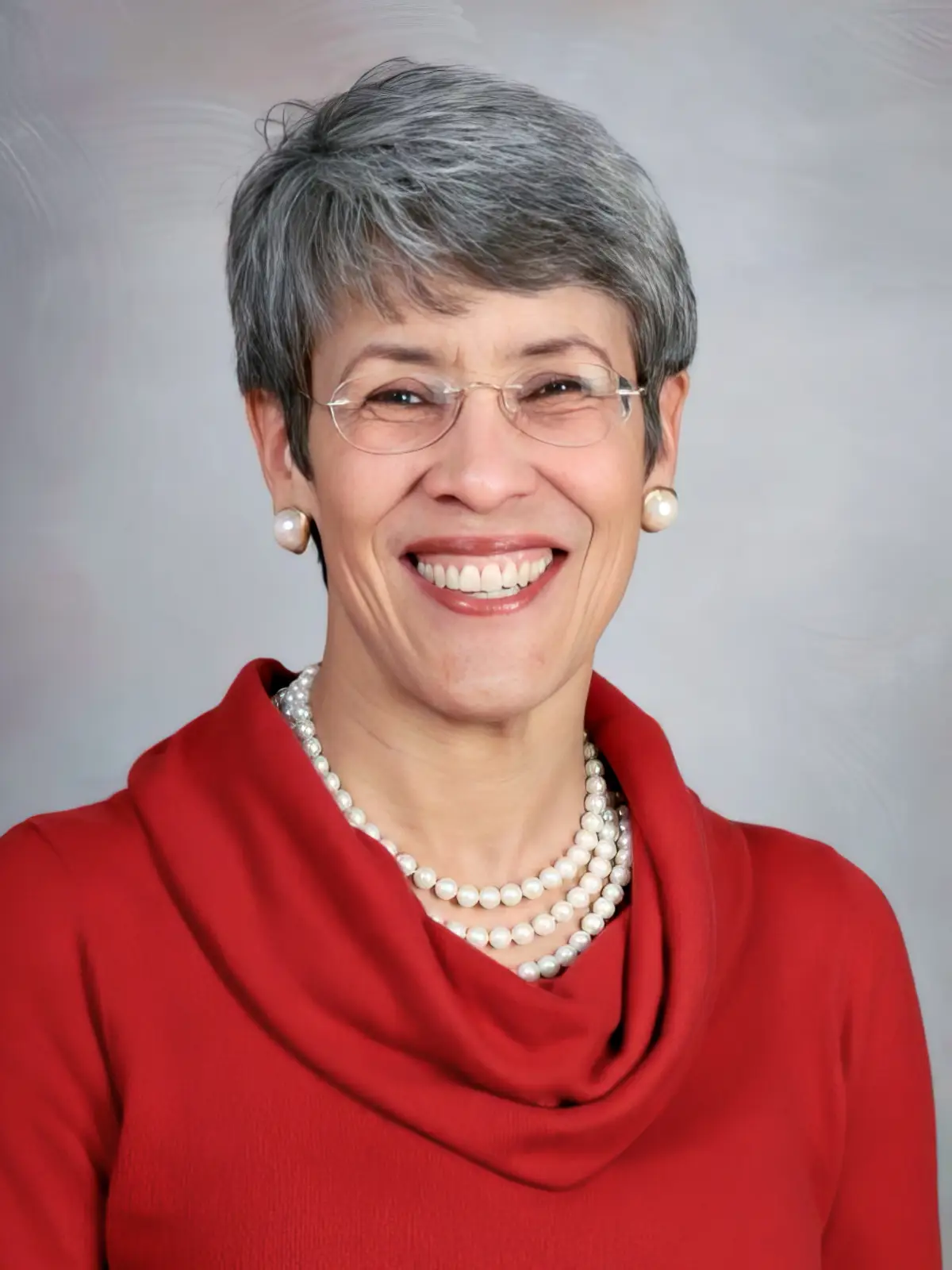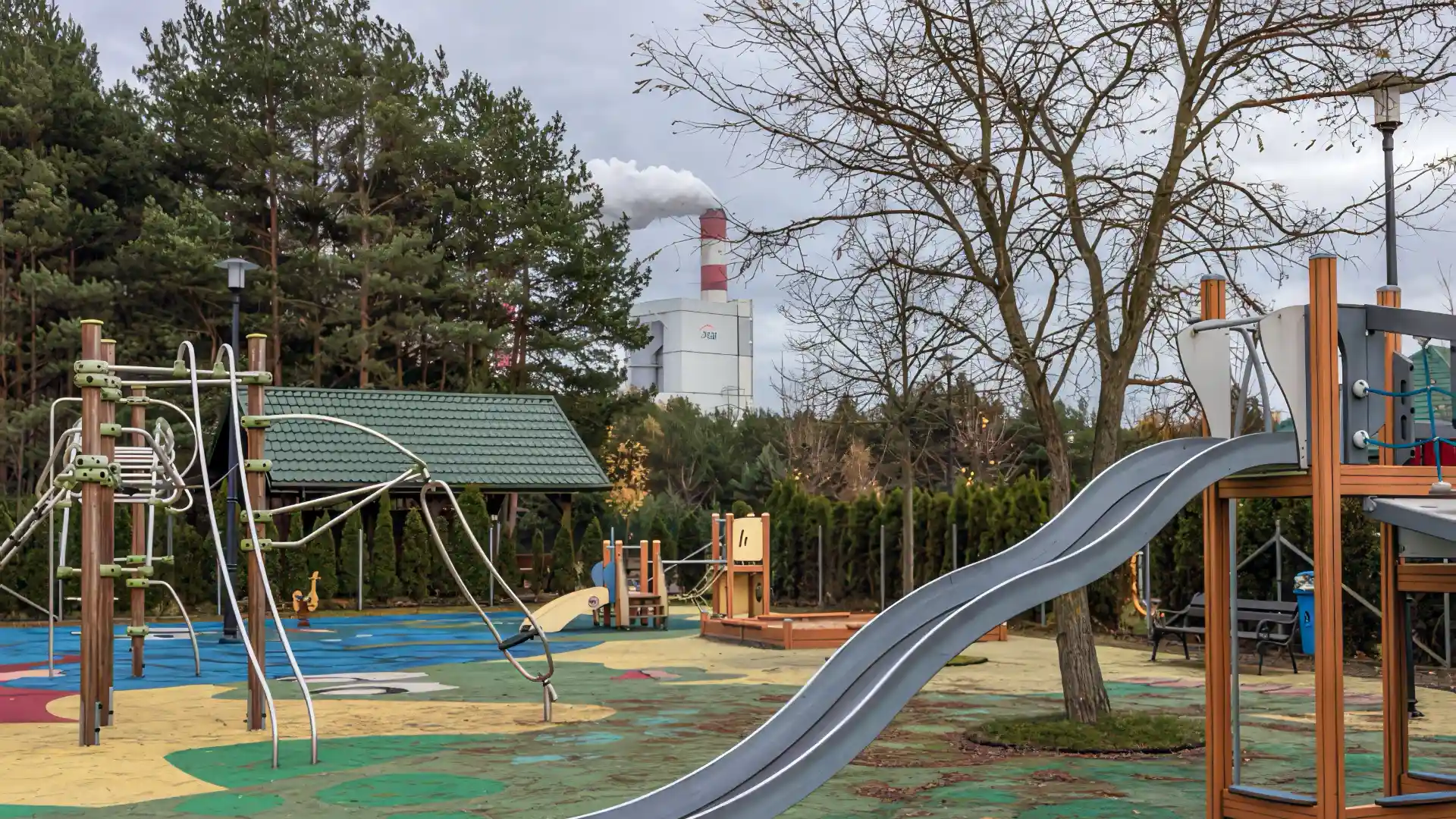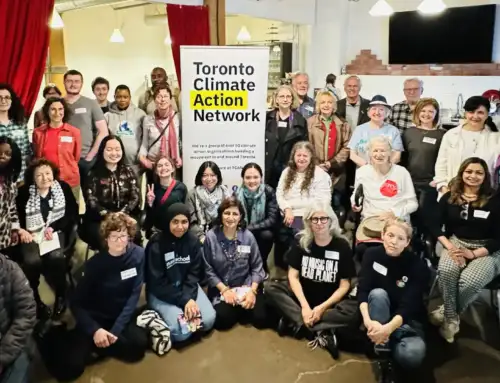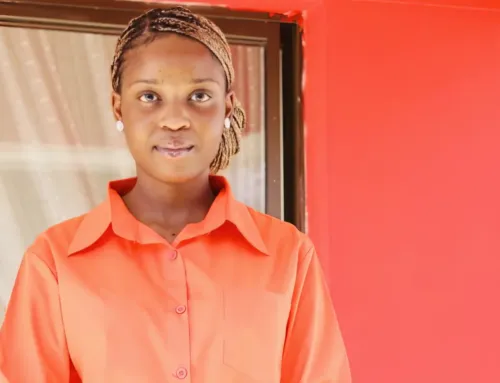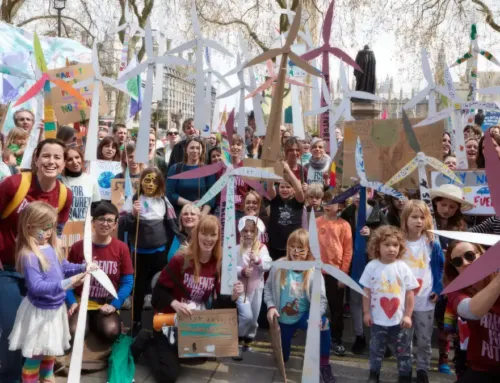STORIES
Dr. Susan Pacheco:
“If people really understood how climate change and air pollution is damaging their children’s health, the tone of the global climate conversation would change.”
Dr. Susan Pacheco is the mother of three grown children and a professor of Pediatric Allergy and Immunology at McGovern Medical School at UT Health Houston in Texas. Since 2006, Dr. Pacheco has dedicated her life to raising awareness about the dire impacts of the climate crisis on children’s health. She has been an expert witness for the Juliana v. US youth climate lawsuit, a White House Champion of Change recipient in 2013, and the co-author of the 2015 policy statement on children’s health and climate change with the American Academy of Pediatrics. Dr. Pacheco serves on Our Kids’ Climate’s Advisory Council. Here she shares her knowledge about children’s unique vulnerabilities to air pollution, and why we urgently need to end fossil fuels to help improve global child health and well-being.
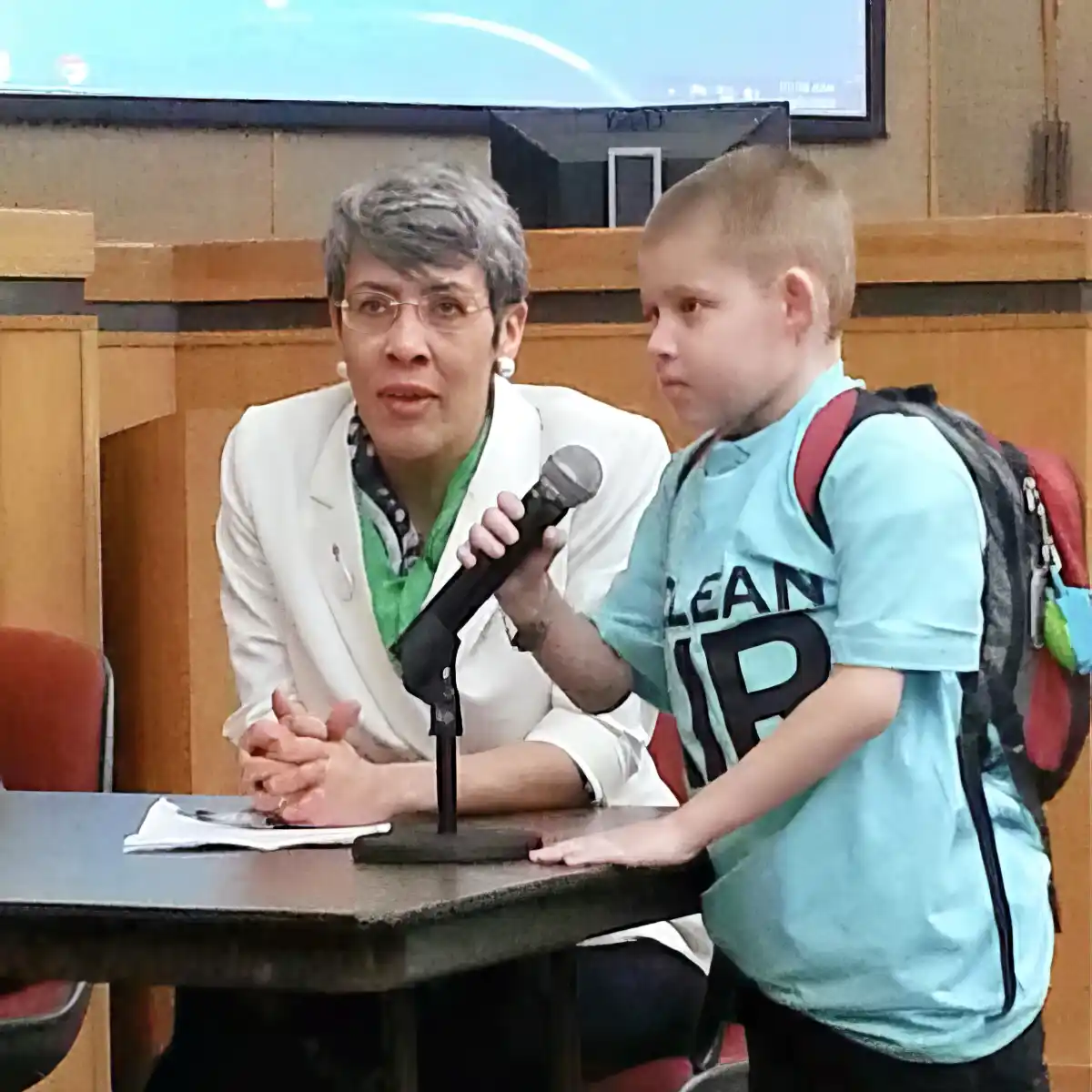
I was born and raised in Puerto Rico and met my husband in medical school. We came to train in Houston, Texas and never left. My mother is a gardener, and I grew up loving nature and plants. There’s so much beauty on the island, and I always felt a deep sense of belonging to both nature and my island culture. When I understood the climate crisis, that sense of belonging helped me be able to say clearly, This is wrong. We must protect nature and children.
My climate epiphany happened in 2006 when my middle-schooler was assigned to see An Inconvenient Truth for homework. I didn’t want to go. The theater was far away, and I had to work early the next day, but we went, and I became absorbed. I remember telling myself, Susan, you love nature and your children, yet you’ve managed to ignore the climate crisis. Afterwards, I sat frozen in the dark until my youngest pulled on me, saying, “Mom, we have to leave!”
I became obsessed. I couldn’t sleep. I needed to learn more and do something. I joined the second cohort to train with The Climate Reality Project founded by former US Vice President Al Gore and, like everyone else, felt concern about the impact on nature and even the polar bears. When I discovered that human health wasn’t even in the conversation I was transfixed. That became my driving force.
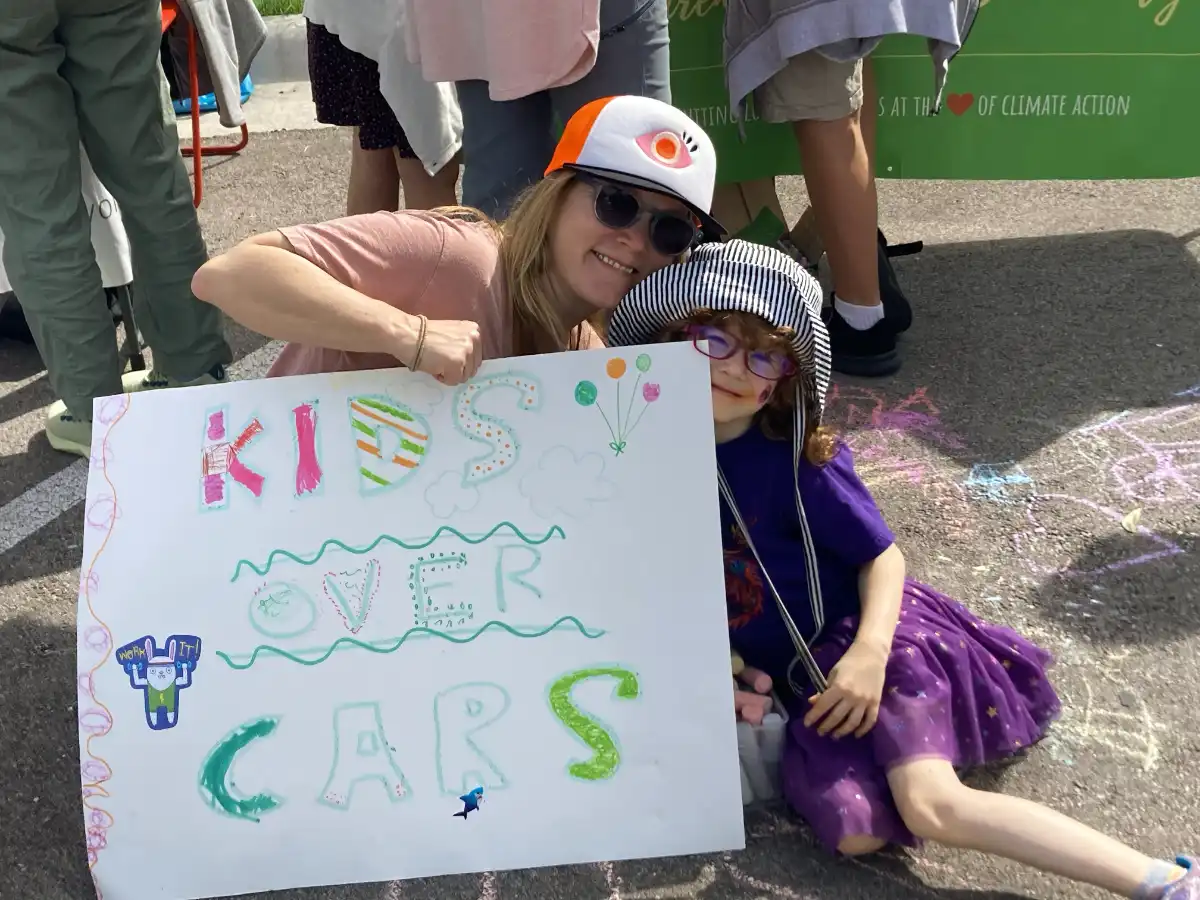
In 2006, there was limited published data linking climate change with health impacts, but I was already seeing many climate-impacted patients, especially children whose asthma or allergies spike on poor air quality days, which have become more frequent. I began to research, write, and speak publicly whenever I could, because the medical community didn’t know much about climate change. Even now, when I teach residents at our hospital about climate impacts on children, their jaws drop. Many doctors still don’t know.
Children are harmed in different ways by the more intense storms, heatwaves, droughts, wildfires, floods, air pollution, and spread of infectious diseases. And it will get worse. As ecosystems are destroyed, they’re also losing access to nature’s beauty, safe drinking water, nutritious food, clean air, and safe and stable shelter.
But the most sobering data – one of the nightmares that fuels my work – is on damage to babies in utero. When pregnant mothers experience intense heat, polluted air, severe stress or extreme weather events, all exacerbated by the climate crisis, babies are more likely to have delayed growth, be premature or stillborn, and develop lung, brain, or heart abnormalities among many other problems. Researchers have found particles of black carbon –sooty material released into the air by burning fossil fuels – in both the maternal and fetal sides of the placenta. The greater the air pollution exposure, the more toxic particles you’ll find in the brains, livers, and lungs of unborn babies.
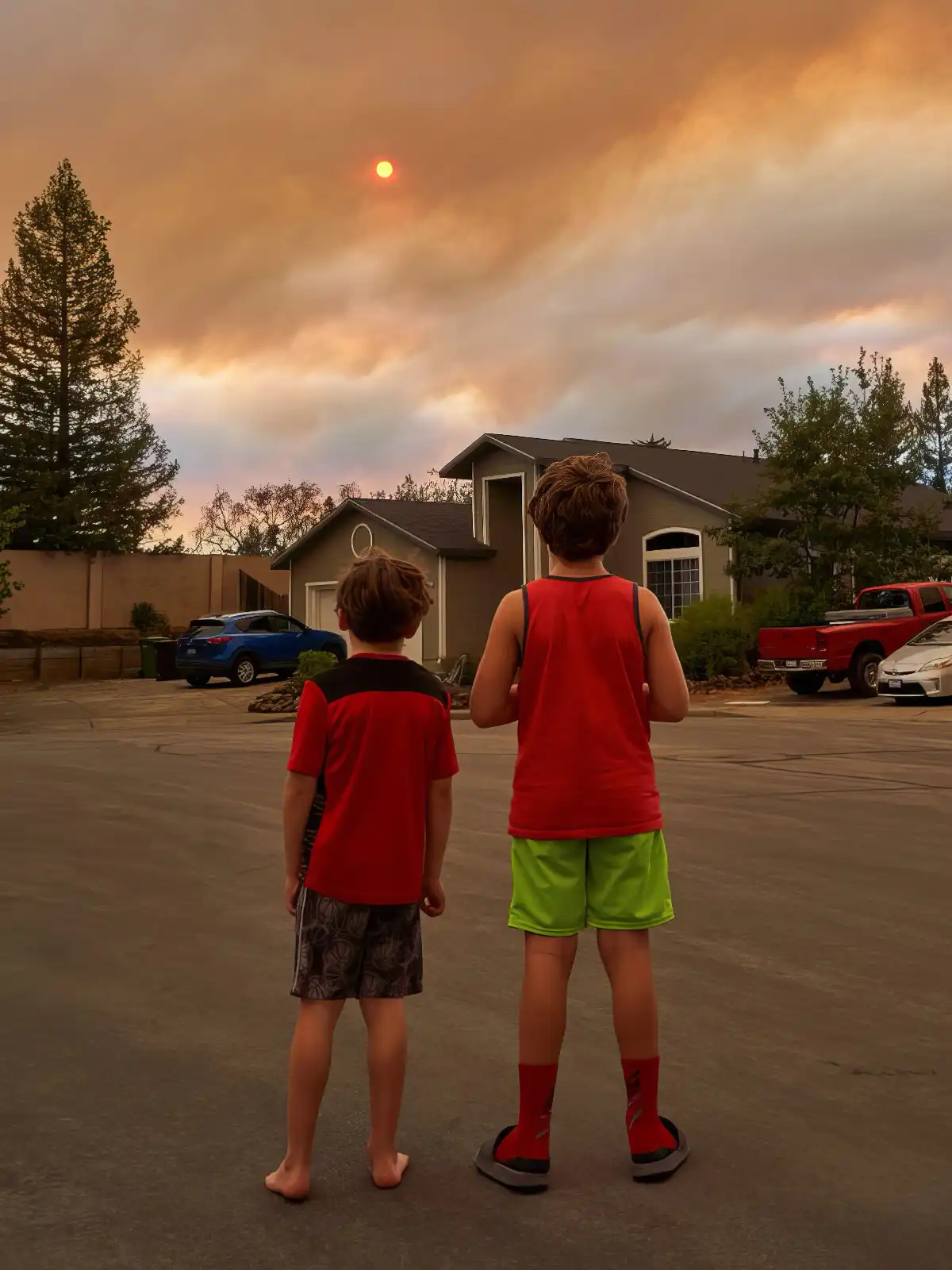
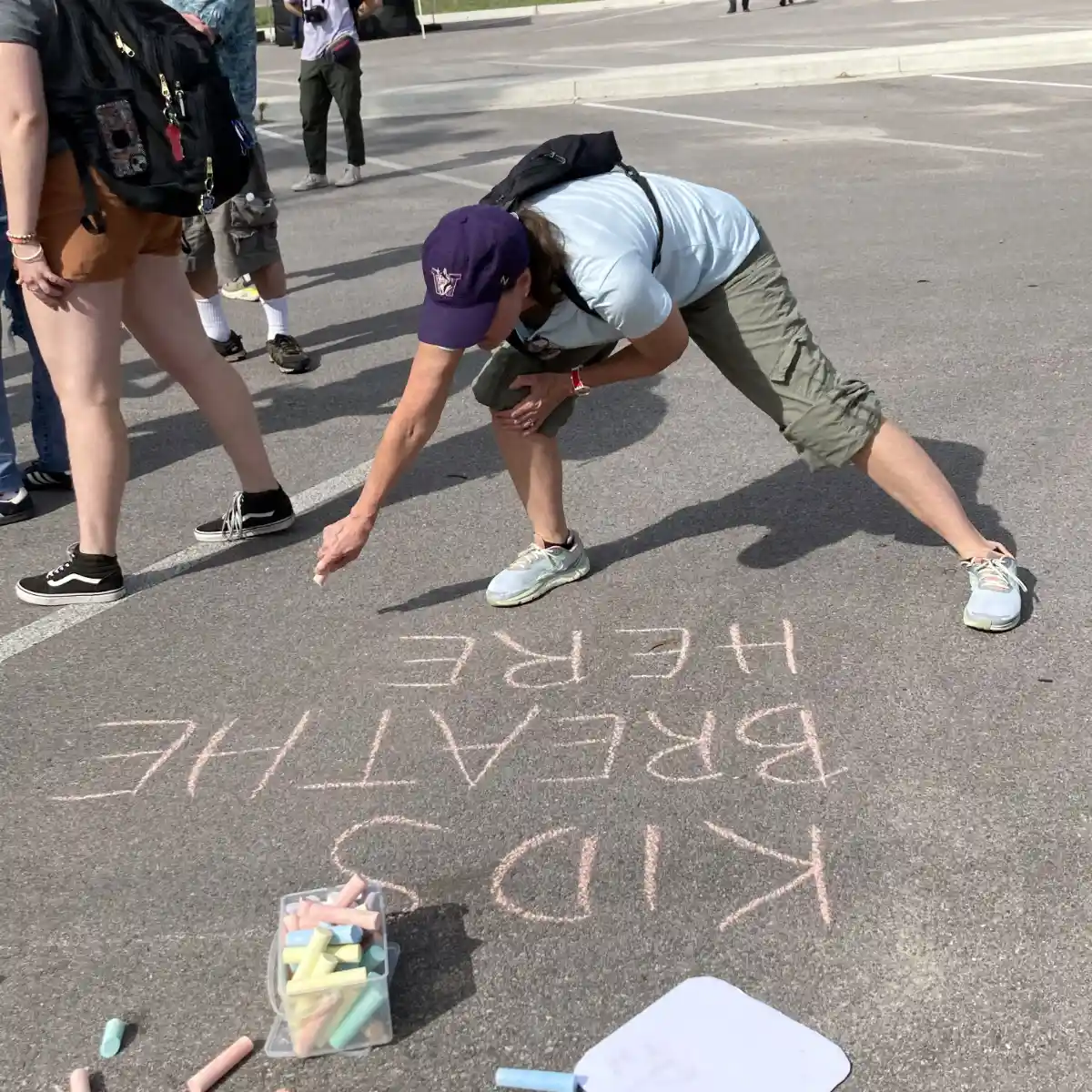
Most people don’t know that 93% of the world’s children breathe toxic air every day. If this doesn’t shake you, what will? Neuropathologist Lilian Calderón-Garcidueñas studied the brains of children raised in Mexico City, which has intense air pollution, and found cognitive problems, as well as brain tissue changes seen in the early stages of both pre-Alzheimer’s, and pre-Parkinson’s disease. Later, she tested 150 people under age 30 and found that at least two thirds were already showing signs of mild cognitive impairment or dementia. It’s unreal.
It’s an emergency, so I’m doing everything I can to protect children. I research climate change and pediatric health, and educate medical groups at the local, national, and international levels. I mentor leaders. I talk with patients and students. I suggest doctors educate mothers-to-be about the dangers of air pollution and tell them: If the air quality is bad, stay indoors. If there’s a wildfire, wear a mask. Simple interventions can make a big difference in a baby’s long-term health.
Fossil fuels play a huge role in air pollution. Burning coal, oil, and gas releases toxins, including gases such as CO2 and methane – that drive global warming and facilitate the development of forest fires. Fossil fuels also produce ozone precursors, NO2, and fine particulate matter, PM2.5, which is especially dangerous to breathe. The more fossil fuels we burn, the worse air pollution gets, so we need to abandon them. It is like exposure to lead – there is no safe level for humans.
I tell my students and colleagues that those of us with education and resources are responsible for advocating for our patients, making people aware of how damaging fossil fuels are for kids. We especially need to empower vulnerable populations. Black, Latino, and indigenous communities suffer more intense heat and air pollution and have fewer resources, perpetuating the cycle of harm experienced by minorities.
I’m working with the Texas Pediatric Society to educate, create awareness and prepare for climate-driven disasters. We are not ready for them, yet the mental health impacts they inflict, especially on children, are profound. I saw so many children in Puerto Rico after Hurricane Maria and here in Houston after Hurricane Harvey who struggled with anxiety, PTSD, and nightmares. It pains me to know that with climate change getting worse, these same children will suffer more in the future.
The mother in me knows that if people really understood what climate change is doing to their children, the tone of the global climate conversation would change. I guarantee that if I tell a group of mothers, “Your baby’s brain is full of black carbon particles from the polluted air you breathed during your pregnancy. Let us see how we can affect this issue together,” I’ll get a big response.
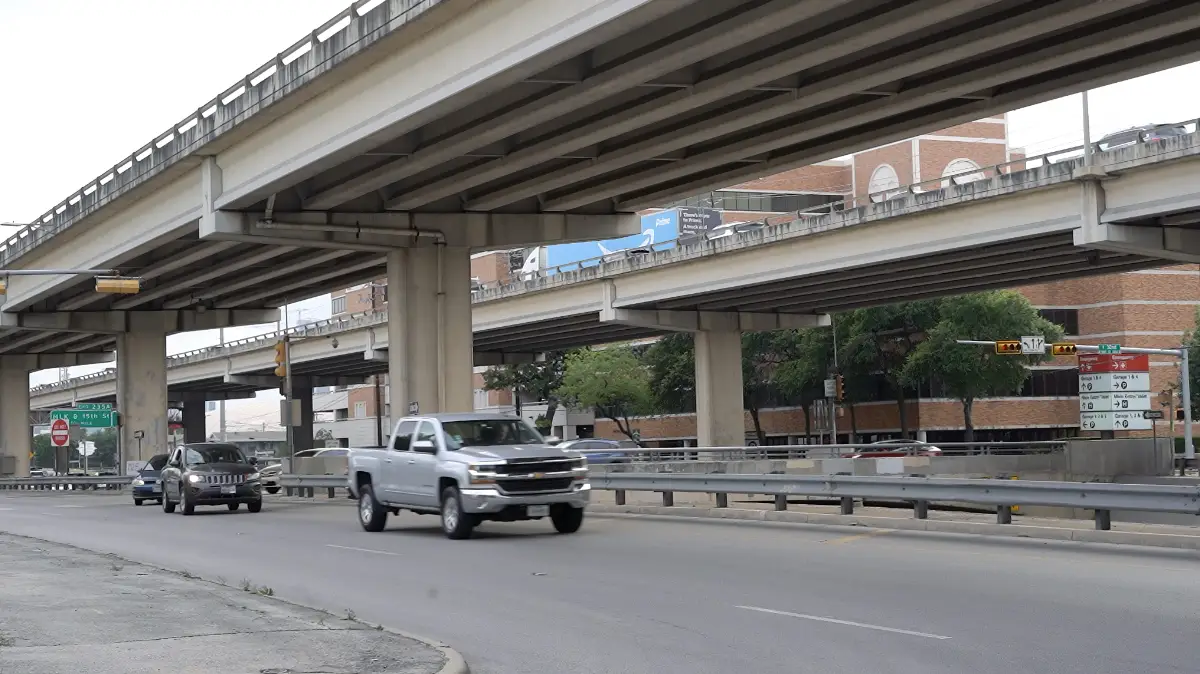
A mother sees an injury today and asks, “How will my child be affected in 20 years?” And we mothers are passionate: You don’t mess with my kids. That’s the fire we need to fight this crisis. Fathers and grandparents have it, too, but mothers’ protective instincts fuel us. If we can channel that energy into climate action, we’ll make a big impact.
I want to engage more mothers. Our Kids’ Climate is a dream come true for me and I’m honored to work with the team as it expands in new directions. I’m eager to help engage more parents and offer hope that things can get better.
The health impacts of climate change can feel overwhelming. I’ve struggled with this myself, but as a parent, you can’t give up. That’s why I’ll keep speaking and writing. Sometimes, others listen to me and help spread life-saving knowledge. I’m more optimistic lately because as a civilization we have faced challenges and accomplished a lot. I tell people to choose a place to start and plant good seeds. At the end of the day, that’s what we can do, right? Try to make the world better. That’s what keeps me busy and happy.
The opinions here are Susan’s own and do not represent her university. Our Kids’ Climate has recently set up a Clean Air Working Group to bring global parents together around the vital issue of clean air.
